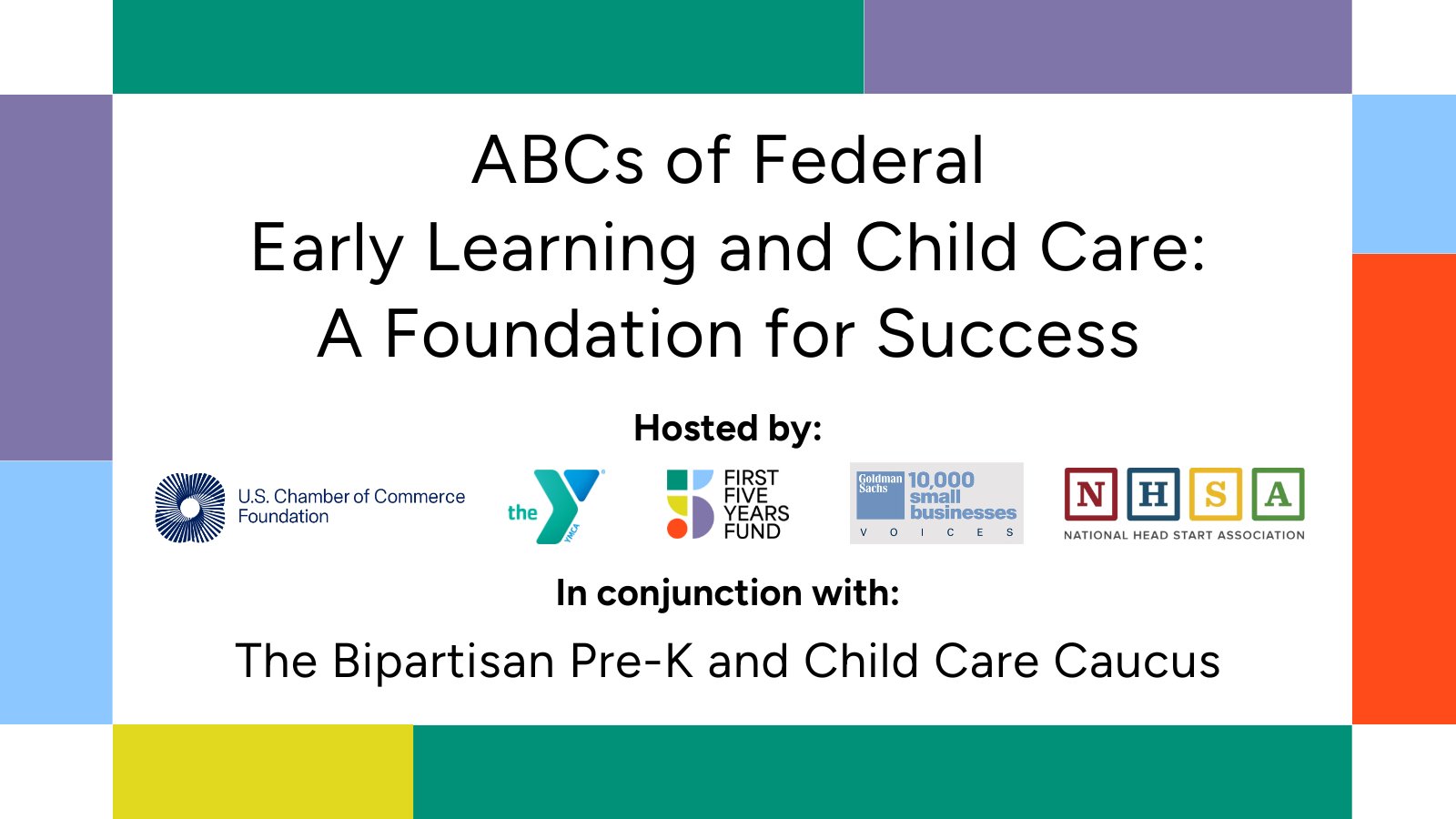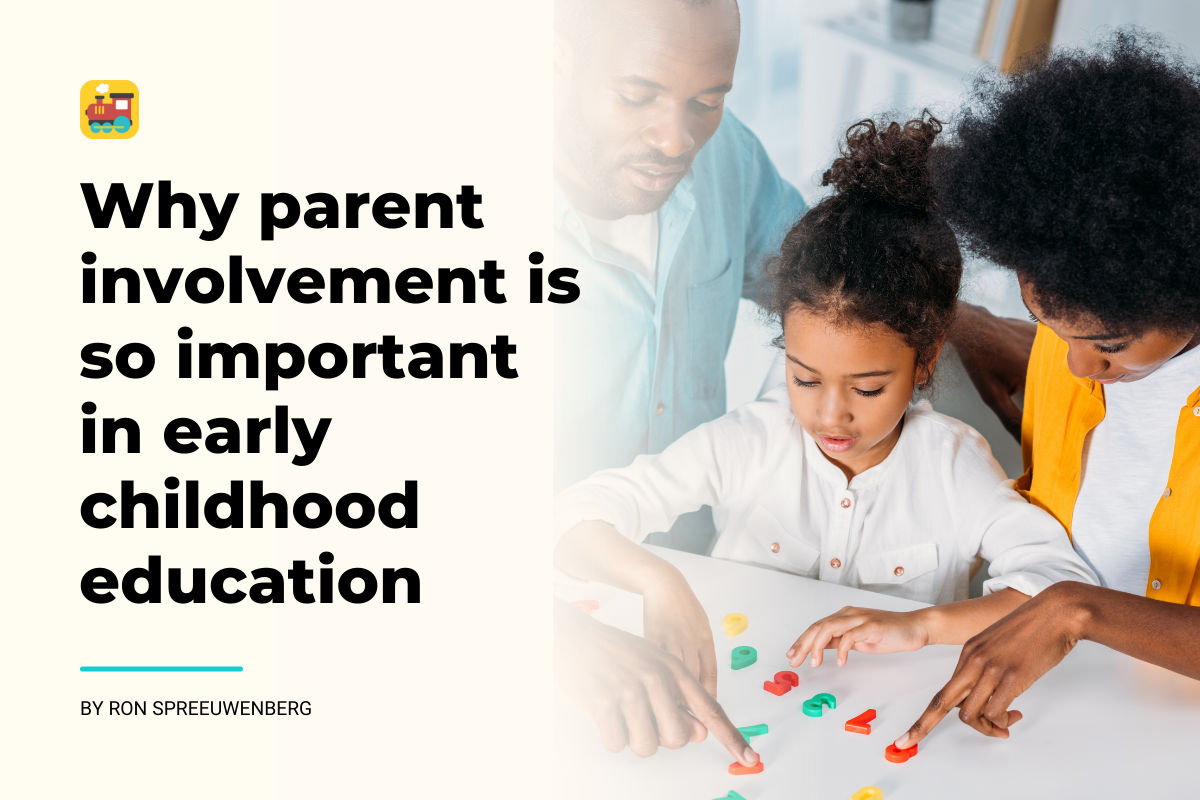Early Childhood Education and Care (ECEC) refers to the educational and developmental services provided to young children from birth to school age. It encompasses a wide range of programs and services, including preschools, daycare centers, and home-based care. ECEC plays a vital role in shaping children’s development and well-being, providing a solid foundation for their future success. This article delves into the significance of ECEC, its benefits, and the challenges and opportunities it presents.

Early Childhood Education and Care (ECEC)
Early Childhood Education and Care (ECEC) encompasses educational and developmental services provided to young children from birth to school age. These services include preschools, daycare centers, and home-based care. ECEC plays a critical role in shaping children’s cognitive, social, and emotional development. It provides a safe and nurturing environment where children can learn and grow, and it helps them develop the skills they need to succeed in school and life.
There is a growing body of research that demonstrates the benefits of ECEC. Studies have shown that children who participate in high-quality ECEC programs have better outcomes in school, are more likely to graduate from high school, and have higher earnings as adults. They are also less likely to engage in risky behaviors, such as crime and drug use.
| Age | Developmental Milestones |
|---|---|
| 0-3 months | Lifts head, smiles, coos |
| 4-6 months | Rolls over, sits up with support |
| 7-9 months | Crawls, pulls up to stand |
The Importance of Play in ECEC
Play is an essential part of ECEC. It allows children to learn and develop in a fun and engaging way. Through play, children can develop their creativity, imagination, and problem-solving skills. They can also learn about the world around them and develop their social skills.
There are many different types of play that are appropriate for young children. These include imaginative play, such as pretending to be a doctor or a firefighter; constructive play, such as building with blocks or Legos; and active play, such as running, jumping, and playing sports. All types of play are important for children’s development, and ECEC programs should provide opportunities for all types of play.
- Importance of Play in Early Learning
- Creative Arts in Early Childhood
- Outdoor Learning and Child Development
The Role of Parents in ECEC
Parents play a vital role in their children’s ECEC experience. They can support their children’s learning and development by providing a stimulating home environment, reading to them, and talking to them about their experiences. Parents can also volunteer in their children’s ECEC program and participate in parent-teacher conferences.
When parents and ECEC providers work together, they can create a strong foundation for children’s success in school and life. Here are some tips for parents on how to support their children’s ECEC experience:
- Talk to your child about their day at ECEC.
- Read to your child every day.
- Provide your child with a variety of learning opportunities at home.
- Volunteer in your child’s ECEC program.
- Attend parent-teacher conferences.

The Importance of ECEC
Early Childhood Education and Care (ECEC) plays a crucial role in shaping children’s development and well-being. It provides a safe and nurturing environment where children can learn and grow, and it helps them develop the skills they need to succeed in school and life.
There is a growing body of research that demonstrates the benefits of ECEC. Studies have shown that children who participate in high-quality ECEC programs have better outcomes in school, are more likely to graduate from high school, and have higher earnings as adults. They are also less likely to engage in risky behaviors, such as crime and drug use.
| Age | Developmental Milestones |
|---|---|
| 0-3 months | Lifts head, smiles, coos |
| 4-6 months | Rolls over, sits up with support |
| 7-9 months | Crawls, pulls up to stand |
Benefits of ECEC for Children
ECEC programs offer a wide range of benefits for children, including:
- Improved cognitive development
- Enhanced social and emotional skills
- Increased language and literacy skills
- Better physical health
- Reduced risk of developmental delays
ECEC programs can also help children develop a love of learning and a positive attitude towards school. They can also provide children with opportunities to make friends and learn how to cooperate with others.
ECEC programs that incorporate play-based learning can be particularly beneficial for children. Play allows children to learn and develop in a fun and engaging way. It also helps them develop their creativity, imagination, and problem-solving skills.
Benefits of ECEC for Families
ECEC programs can also provide benefits for families. They can give parents a safe and reliable place to leave their children while they work or attend school. ECEC programs can also help parents learn more about child development and how to support their children’s learning and development.
In addition, ECEC programs can help families save money on childcare costs. Many ECEC programs offer financial assistance to families who qualify. This can make ECEC more affordable for families who need it most.
ECEC programs can also help families connect with other families in their community and build a sense of belonging. This can be especially important for families who are new to the community or who have children with special needs.

Benefits of ECEC
Benefits of ECEC for Children
ECEC programs offer a wide range of benefits for children, including improved cognitive development, enhanced social and emotional skills, increased language and literacy skills, better physical health, and reduced risk of developmental delays. ECEC programs can also help children develop a love of learning and a positive attitude towards school. They can also provide children with opportunities to make friends and learn how to cooperate with others.
ECEC programs that incorporate play-based learning can be particularly beneficial for children. Play allows children to learn and develop in a fun and engaging way. It also helps them develop their creativity, imagination, and problem-solving skills.
| Age | Developmental Milestones |
|---|---|
| 0-3 months | Lifts head, smiles, coos |
| 4-6 months | Rolls over, sits up with support |
| 7-9 months | Crawls, pulls up to stand |
Benefits of ECEC for Families
ECEC programs can also provide benefits for families. They can give parents a safe and reliable place to leave their children while they work or attend school. ECEC programs can also help parents learn more about child development and how to support their children’s learning and development.
In addition, ECEC programs can help families save money on childcare costs. Many ECEC programs offer financial assistance to families who qualify. This can make ECEC more affordable for families who need it most.
ECEC programs can also help families connect with other families in their community and build a sense of belonging. This can be especially important for families who are new to the community or who have children with special needs.

Challenges and Opportunities in ECEC
While ECEC offers numerous benefits, it also faces several challenges. One challenge is the high cost of providing quality ECEC services. This can make it difficult for some families to afford ECEC, and it can also lead to a shortage of qualified ECEC providers. Another challenge is the lack of regulation in the ECEC sector. This can lead to inconsistent quality of services and can make it difficult for parents to find high-quality ECEC programs for their children.
Despite these challenges, there are also a number of opportunities for ECEC. One opportunity is the growing recognition of the importance of ECEC. This is leading to increased investment in ECEC programs and services. Another opportunity is the development of new technologies that can be used to improve the quality and accessibility of ECEC. For example, online learning platforms can be used to provide ECEC services to children in remote areas or to children with special needs.
| Challenge | Opportunity |
|---|---|
| High cost of providing quality ECEC services | Growing recognition of the importance of ECEC |
| Lack of regulation in the ECEC sector | Development of new technologies that can be used to improve the quality and accessibility of ECEC |
By addressing the challenges and seizing the opportunities, we can ensure that all children have access to high-quality ECEC services. This will help them to reach their full potential and succeed in school and life.
- Multilingualism in Early Childhood
- The Role of Music in Early Education
- Early Childhood Behavioral Management
- Outdoor Learning and Child Development
- Creative Arts in Early Childhood

Final Thought
Early Childhood Education and Care is an indispensable investment in our children’s future. By providing high-quality ECEC programs and services, we can empower young children to reach their full potential and contribute positively to society. Continued research, collaboration, and advocacy are essential to ensure that all children have access to the nurturing and supportive environments they need to thrive.




